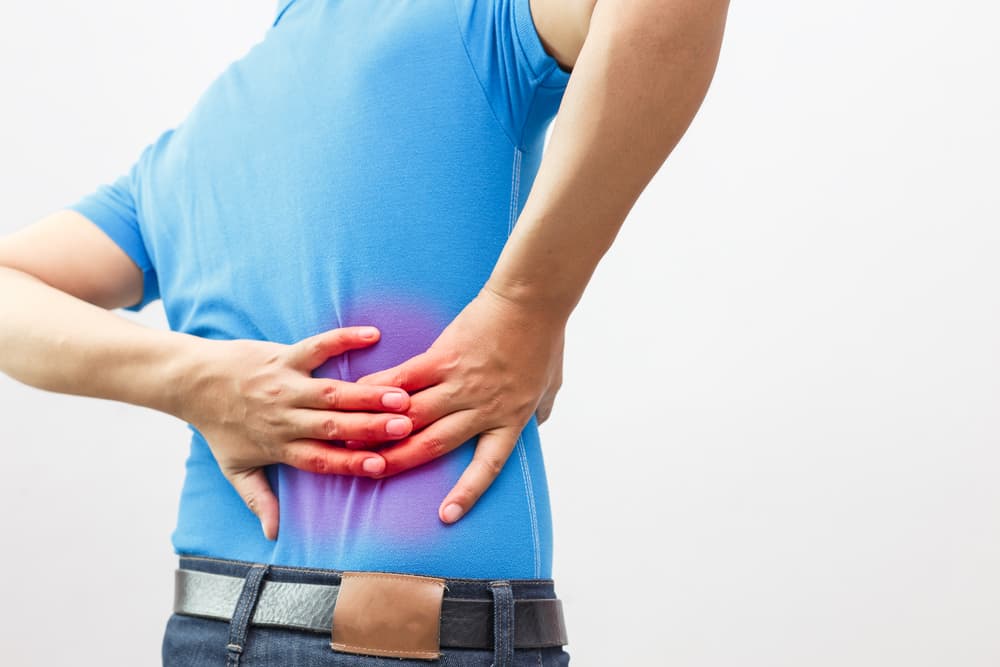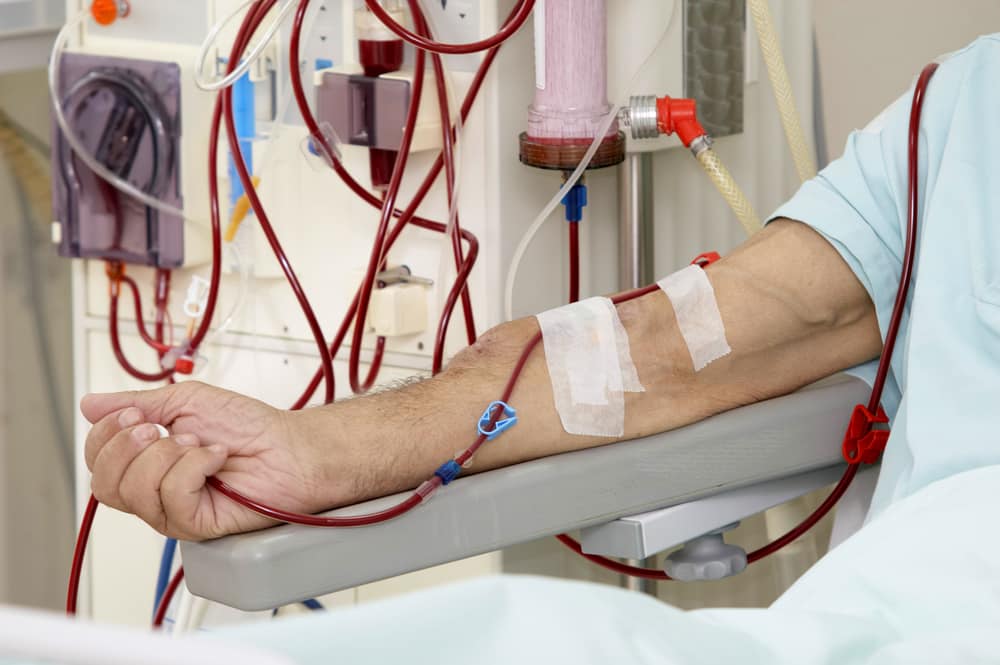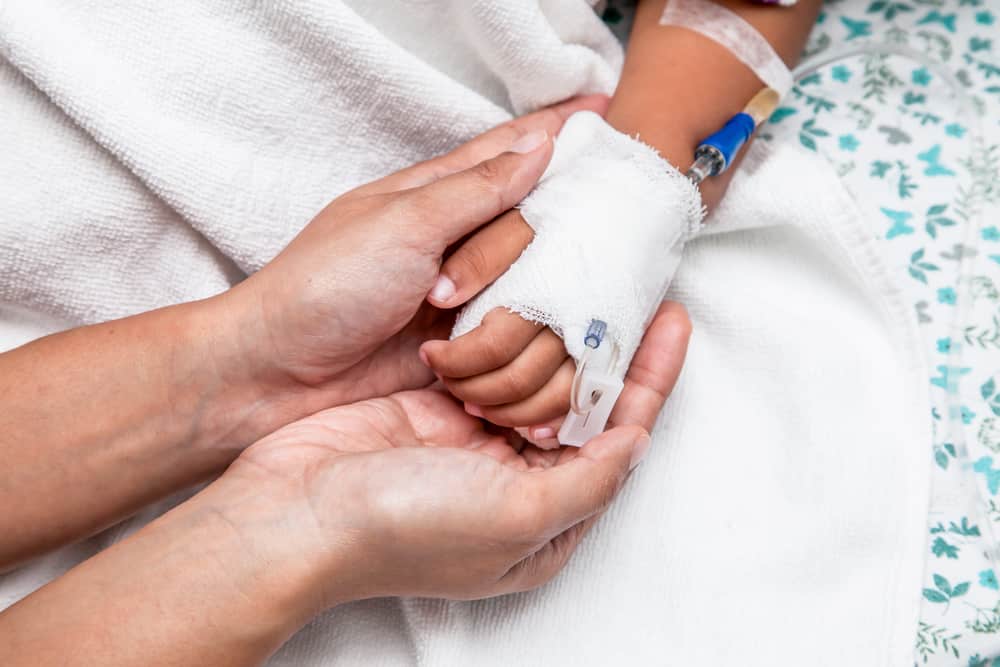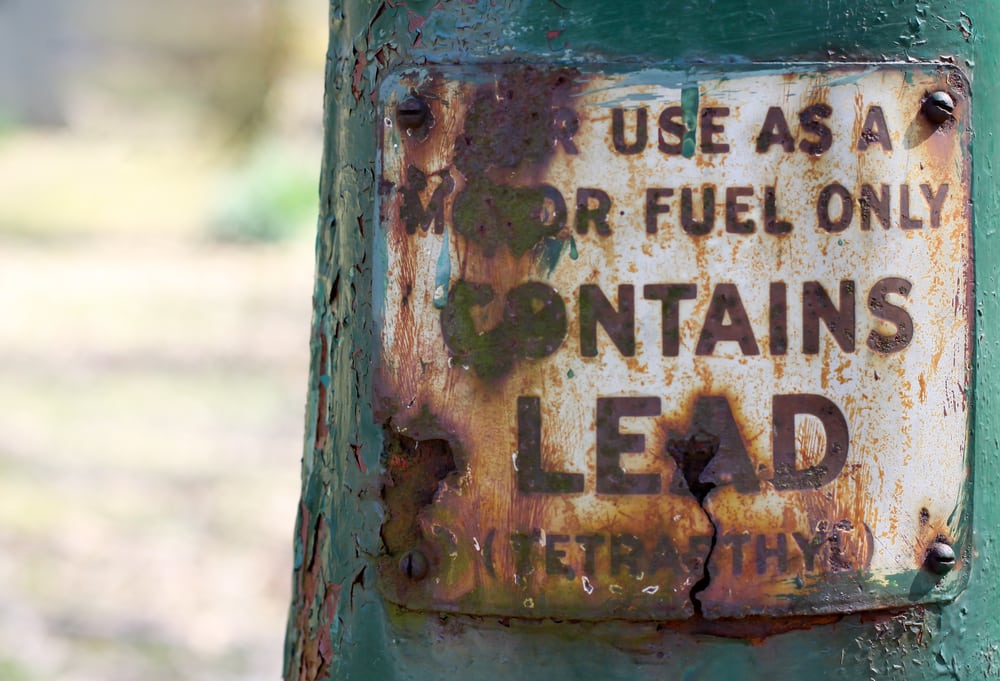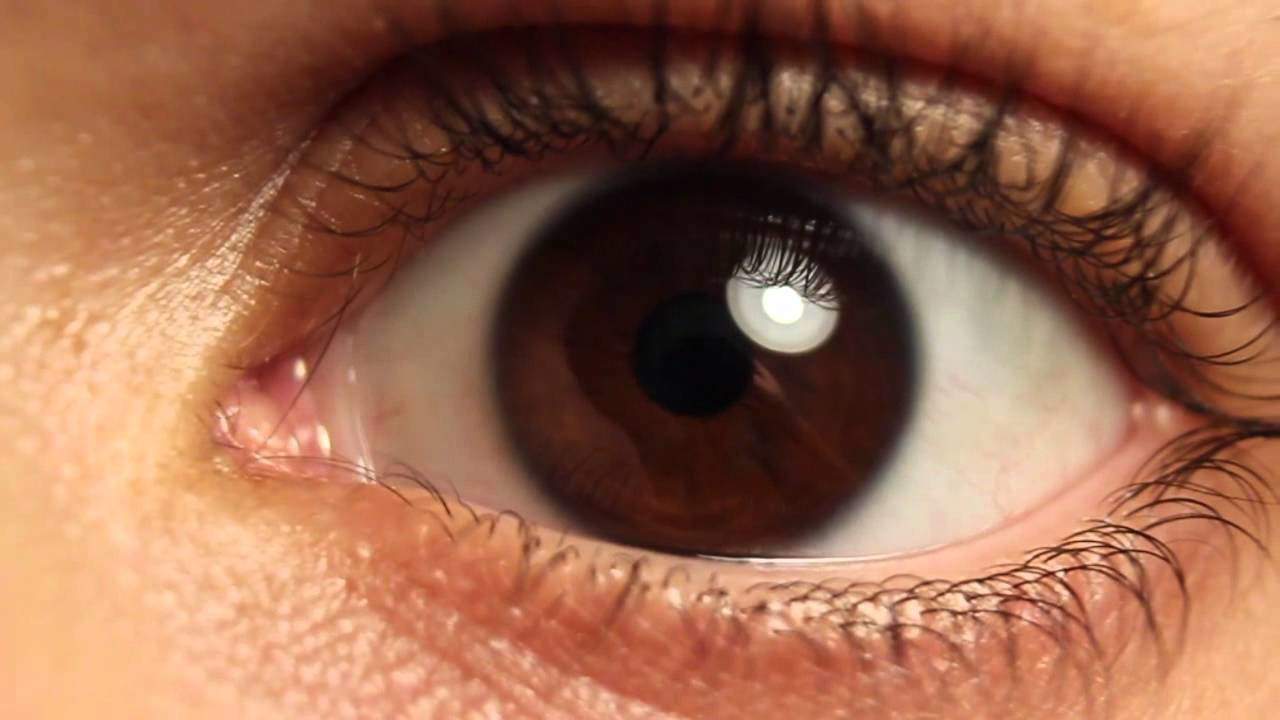Contents:
- Medical Video: Symptoms of Kidney Disease
- What is kidney failure?
- What causes acute kidney failure?
- What causes chronic kidney failure?
- Symptoms of early kidney failure to watch out for
- 1. Fatigue
- 2. Dry and itchy skin
- 3. Bloody urine
- 4. Foaming urine
- 5. Swelling
- 6. Low back pain
- Laboratory tests are the only way to ensure symptoms of kidney failure
- What are the drugs for kidney failure?
- Dialysis or dialysis
- Kidney transplant
- How to prevent kidney disease?
- Diet guide to reduce the risk of kidney disease
- Guide to healthy lifestyle changes to prevent kidney disease
Medical Video: Symptoms of Kidney Disease
When the kidneys fail to carry out their functions properly, this condition is called kidney failure. If not treated immediately, this condition will cause a variety of problems, it can even lead to more serious complications. That is why, it is important to recognize the symptoms of kidney failure in the beginning so that it is not too late in handling it.
What is kidney failure?
The kidneys are located on both sides of the spine, precisely above the waist, the kidneys have the main function to filter the blood. From this screening function, the kidneys will separate toxic waste, regulate electrolyte fluid balance, and control fluid balance in the body. In addition, the kidneys also function to produce hormones and enzymes that help control blood pressure, make red blood cells and keep bones strong.
Well, if someone has kidney failure, it means that their kidneys cannot filter out impurities, are unable to control the amount of water in the body, and cannot control blood pressure. When this condition occurs, toxic levels and harmful fluids will accumulate in the body and can be fatal if left untreated. This is what will cause problems for your health.
Kidney failure is divided into two stages, namely:
- Acute kidney failure (ARF): this condition occurs when your kidneys suddenly experience sudden damage so they cannot function properly.
- Chronic kidney failure disease (CRF): This condition occurs where kidney function begins to decline progressively in a few months or several years which often arises. Generally chronic kidney failure arises from kidney damage that is severe and permanent (irreversible).
Based on the data obtained from the results 2013 Basic Health Research (Riskesdas) by the Indonesian Ministry of Health, it is known that the number of patients with kidney failure in Indonesia continues to increase with age. Most causes of kidney failure can be due to complications from the disease hypertension, diabetes mellitus, and obesity.
What causes acute kidney failure?
Sudden loss of kidney function can also be called acute kidney injury. Acute kidney injury has three main causes of kidney failure, namely;
- Lack of blood flow to the kidneys
- Direct damage to the kidney itself
- Urinary blockage of the kidneys
While the common causes of acute kidney failure include:
- Trauma injury with blood loss
- Dehydration
- Kidney damage due to shock during severe infections called sepsis
- Obstruction of urine flow, such as with enlarged prostate
- Damage from certain drugs or toxins
- Pregnancy complications, such as eclampsia and preeclampsia, or associated syndromes HELLP.
Marathon runners and other athletes who do not drink enough fluids when competing with long duration may suffer from acute kidney failure due to sudden damage to muscle tissue. This muscle damage releases large amounts of protein into the bloodstream called myoglobin which can damage the kidneys.
What causes chronic kidney failure?
Kidney damage and decreased function lasting more than 3 months is called chronic kidney disease. Chronic kidney disease is very dangerous, because you may not have any symptoms of kidney failure until it eventually becomes severe.
Often, when treated, kidney damage has already occurred. Diabetes (types 1 and 2) and high blood pressure are the most common causes of chronic kidney disease. Other causes of chronic kidney failure are:
- Conditions of the immune system such as lupus and chronic viral diseases such as HIV / AIDS, hepatitis B, and hepatitis C.
- Urinary tract infections in the kidney itself, called pyelonephritis, can cause injury during recovery of infection. Some episodes can be the cause of chronic kidney failure
- Inflammation of the small filter (glomeruli) in the kidney can occur after strep infection and other conditions for which the cause is unknown.
- Polycystic kidney disease, in which fluid-filled cysts form in the kidneys over time. This is the most common form of kidney disease derivatives.
- Congenital defects, present at birth, result from urinary tract obstruction or malformations that affect the kidneys; the most common one involves a valve-like mechanism between the bladder and urethra. This defect, sometimes found when the baby is still in the womb, can often be repaired surgically by a urologist.
- Drugs and poisons, including long-term exposure to some drugs and chemicals, such as NSAIDs (nonsteroidal anti-inflammatory drugs), such as ibuprofen and naproxen, and intravenous use of "street" drugs.
The final stage of kidney disease occurs when about 90 percent of kidney function is lost. People with symptoms of causes of kidney failure may experience nausea, vomiting, weakness, fatigue, confusion, difficulty concentrating, and loss of appetite. This can be diagnosed with a blood and urine test.
Symptoms of early kidney failure to watch out for
In general, symptoms of the cause of kidney failure are difficult to detect. Because the disease can begin with symptoms of kidney failure that are mild and vague. However, slowly but surely this disease will get worse over time.
Usually, most patients suffering from kidney failure have lived with kidney disease for some time, before the characteristics of kidney failure appear. Here are some symptoms of kidney failure that you should be aware of.
1. Fatigue
Decreasing severe kidney function can cause toxicity and impurities in the blood. This can cause people to feel tired, weak and can make it difficult to concentrate. Another complication of kidney disease is anemia, which can cause weakness and fatigue.
2. Dry and itchy skin
Dry and itchy skin can be a sign of mineral and bone disease that often accompanies advanced stage kidney failure. The appearance of dry and itchy skin symptoms indicates that the kidneys are no longer able to maintain the balance of minerals and nutrients in your blood.
3. Bloody urine
Healthy kidneys usually maintain blood cells in the body when filtering waste from the blood to produce urine. But if the kidney filter has been damaged, these blood cells will "leak" into the urine. Besides indicating kidney failure, blood in the urine can also be an indication of other diseases such as kidney stones or infections.
4. Foaming urine
Excessive bubbles in urine - especially those that require watering several times - show protein in the urine. This foam may look like the foam you see when shaking eggs, because the normal protein found in urine, albumin, is the same protein found in eggs.
5. Swelling
Decreasing kidney function can cause sodium retention which causes swelling in some parts of the body. That is why one of the characteristics or symptoms of kidney failure that we can see is swelling of the legs, arms, hands, or face due to excessive accumulation of fluid in the body.
6. Low back pain
Generally, many patients complain of pain in the right or left waist. This location coincides with the presence of the kidney, and when there is pain in this area, it is suspected that symptoms of kidney failure are suspected.
Laboratory tests are the only way to ensure symptoms of kidney failure
The only way you can do to determine whether you have kidney disease is to do a laboratory test. Moreover, for those of you who do have a history of diabetes and hypertension. It's good to check regularly.
Until now there is no medicine that can cure kidney failure. Treatment of this disease is only focused on reducing the symptoms of early kidney failure caused and controlling the development of the disease so that it can prevent more serious complications.
That is why, the most important thing to prevent kidney failure is to start implementing a healthy lifestyle by consuming healthy foods and drinks and diligently exercising especially for those of you whose family has a history of kidney disease.
What are the drugs for kidney failure?
Dialysis or dialysis
Dialysis is one of the treatments or drugs for kidney failure. Medication for kidney failure is also often referred to as dialysis treatment, which functions to filter and purify the blood using a machine. The machine performs kidney function. Depending on the type of dialysis, you might be connected to a large machine or portable catheter bag.
You may need to follow a low-potassium, low-salt diet as a companion for kidney failure drugs. Dialysis cannot be a medication for kidney failure that will cure your ginja in a failed way. This dialysis will prolong your life if you go to scheduled treatments regularly.
Kidney transplant
The choice of treatment or other kidney failure drugs is by kidney transplantation. It usually takes a long time to receive a donor kidney that matches your body, even if you have a living donor, the process can run faster.
The advantage of transplantation is that the new kidney can work perfectly, and dialysis or dialysis is no longer needed. The disadvantage is that you must take immunosuppressive drugs after surgery. These drugs have their own side effects, and even some of them can cause serious side effects. Also keep in mind, if a transplant or kidney transplant surgery is not always successful.
How to prevent kidney disease?
Generally, kidney failure can make you feel weak, tired, and often nausea-vomiting. In addition, kidney disease can also cause other diseases such as hypertension, anemia, bone disorders, and electrolyte balance disorders in your body. Therefore, it is important for you to eat a diet and live a healthy life to prevent damage to the kidneys. Here's the guide:
Diet guide to reduce the risk of kidney disease
- Eat healthy food. Expand to consume fruits and vegetables. Avoid eating foods that contain lots of fat and purines, such as innards. Foods that are high in purines can increase levels uric acid which in turn can interfere with kidney function.
- You can apply DASH diet which aims to prevent or reduce blood pressure if you experience hypertension. The DASH diet emphasizes reducing consumption of saturated fats and cholesterol, to be replaced with more sources of protein, fiber, vitamin and mineral fiber.
- If you want to consume milk, cheese or similar products, choose low-fat ones.
- Limit intake salt does not exceed 1 teaspoon, sugar up to 4 tablespoons, and maximum fat 5 tablespoons.
Guide to healthy lifestyle changes to prevent kidney disease
Kidney disease can occur in people who have healthy kidneys or someone who has had kidney problems before. Children can also get kidney disease. Although in children, kidney disease is caused more by congenital kidney abnormalities or urinary tract damage at birth.
So in addition to starting to compile a healthier and more nutritious daily diet menu, some of the following simple lifestyle changes can also help you and your family prevent kidney disease.
- Avoid factors that can trigger the emergence of diseases that can make you susceptible to kidney disease, such as diabetes and hypertension.
- Sufficient body fluid needs by consuming enough fluids. Eat at least 2 liters of water per day. Remember, you can not only get liquids from drinks, but also foods like soup and vegetables and fresh fruits that contain lots of water.
- If you include active exercise, just need more fluid needs.
- Do exercise regularly. Exercise can keep your weight stable and lower your blood pressure.
- Be careful when taking drugs and supplements. Some supplements contain high amino acids which can interfere with the kidneys. If you want to take supplements, consume them according to the rules used on the packaging. Also make sure the medicines you drink are safe. Especially if you take herbal medicine especially in the form of concoctions, make sure the drug is registered with BPOM.
- Avoid cigarettes because it can cause damage to blood vessels and increase your blood pressure. Increased blood pressure can cause disruption of kidney function.
- Avoid stress by doing things that can make you happy, such as exercising, doing yoga, listening to music or even chatting with friends.

